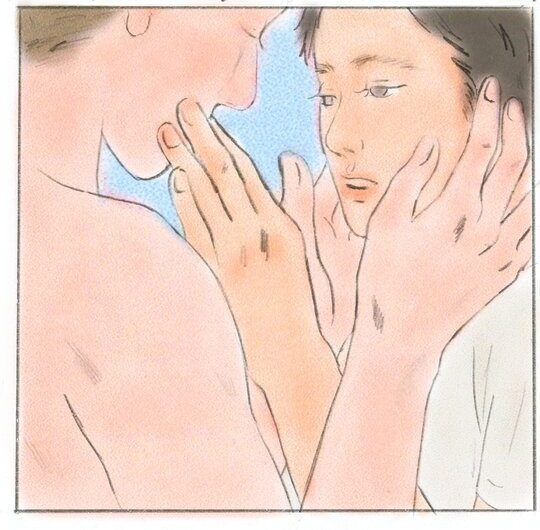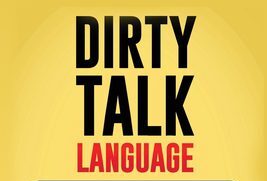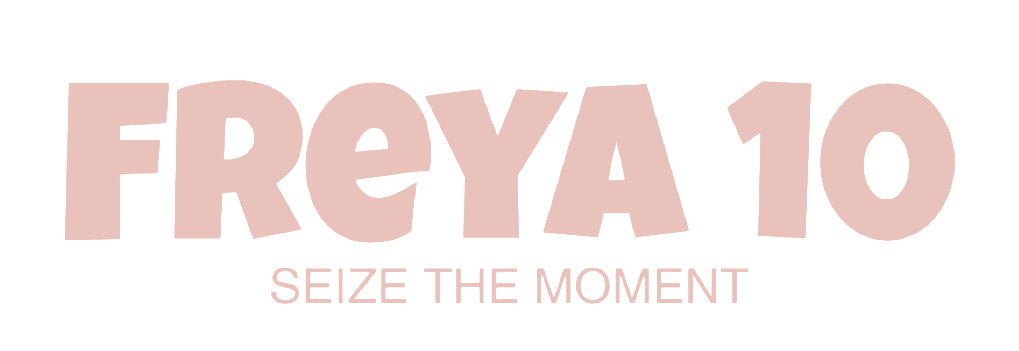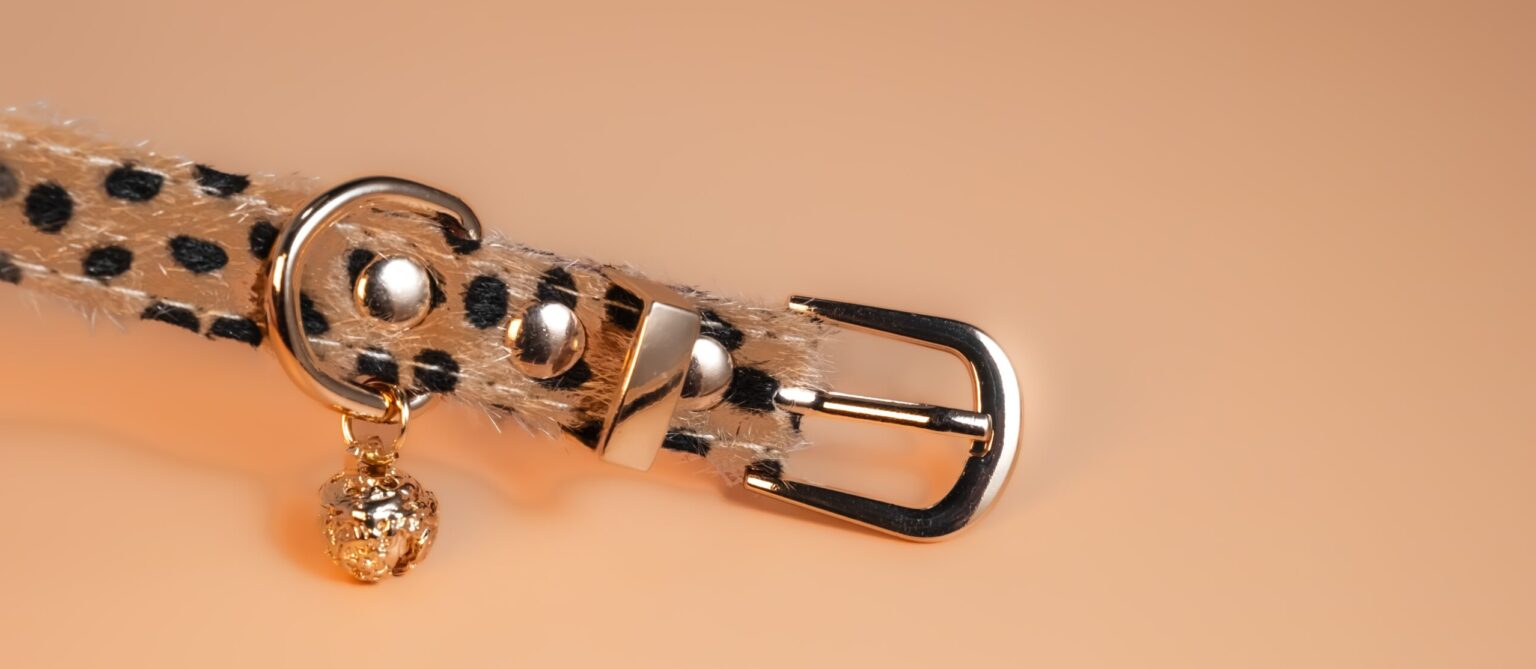
10 Feb Dirty Talk Channel 002: The Origins and History of Dirty Talk: From Ancient Literature to Modern Psychology
Dirty talk, or erotic speech, has shaped human sexuality for centuries. From ancient poetry to modern psychology, verbal arousal plays a crucial role in building anticipation, deepening emotional connections, and heightening pleasure. Historical records, religious texts, and scientific studies all highlight the power of words in intimate experiences. This article explores the origins, evolution, and psychological impact of dirty talk, supported by data and references.
Ancient Literature and Erotic Speech
1.1 Passionate Language in Ancient Greece and Rome
Erotic speech thrived in ancient Greece and Rome, where poets and playwrights openly celebrated verbal expressions of desire. Roman poet Ovid, in Ars Amatoria (“The Art of Love”), detailed seduction techniques that emphasized the power of words to excite lovers. Greek playwright Aristophanes filled his comedies, such as Lysistrata, with sexual innuendos and teasing dialogue, proving that dirty talk entertained and aroused audiences even in ancient times.
1.2 The Kama Sutra’s Lessons on Erotic Speech
The Kama Sutra, a 3rd-century Sanskrit text, offered one of the earliest guides to love and sexuality. It encouraged lovers to whisper poetic words, describe desires, and praise each other’s bodies to intensify pleasure. The text reinforced the idea that verbal arousal plays a key role in seduction and emotional bonding, aligning with modern psychology’s understanding of the connection between words and pleasure.
Dirty Talk in Religious and Cultural Traditions
2.1 Eroticism in Medieval and Renaissance Literature
Religious institutions often discouraged open discussions of sexuality in medieval Europe, yet erotic speech persisted in literature and poetry. Geoffrey Chaucer’s The Canterbury Tales (14th century) featured bawdy stories rich with sexual humor and suggestive dialogue. By the Renaissance, erotic poetry and passionate letters became common among European elites. Shakespeare, for instance, frequently wove flirtatious wordplay and double entendres into his plays, keeping the tradition of seductive language alive.
2.2 Victorian-Era Eroticism Hidden in Private Letters
Despite the Victorian era’s reputation for sexual conservatism, people still used erotic speech in private. Love letters between historical figures like Napoleon Bonaparte and Joséphine revealed passionate and explicit descriptions of longing and desire. These personal writings proved that dirty talk remained an intimate and cherished part of relationships, even in societies that publicly frowned upon open discussions of sexuality.
The 20th Century: The Sexual Revolution and Modern Psychology

3.1 How Science Validates the Power of Dirty Talk
The sexual revolution of the 1960s and 1970s changed cultural attitudes toward sex, making dirty talk more acceptable. Modern psychology confirms that verbal arousal has a direct impact on pleasure. Research from the Journal of Sexual Medicine (2021) shows that hearing arousing words activates the brain’s reward center, increasing dopamine levels and heightening pleasure (source).
A YouGov survey (2019) found that 70% of people enjoy hearing compliments or erotic words during intimacy, proving that dirty talk enhances both emotional and physical satisfaction (source).
3.2 Dirty Talk’s Rise in Pop Culture
As media embraced open discussions of sexuality, dirty talk became mainstream. Books like Fifty Shades of Grey (2011) brought dominance, submission, and verbal seduction into popular culture. Music, movies, and online platforms further normalized erotic speech, making it a common and accepted part of intimacy.
The Science of Dirty Talk: Why Words Matter

4.1 How the Brain Reacts to Erotic Speech
The brain is the most powerful sex organ, and words can trigger physical reactions just as effectively as touch. Studies reveal that:
- Erotic words stimulate the amygdala, the brain’s emotional processing center, intensifying arousal.
- Hearing seductive language boosts dopamine levels, increasing feelings of pleasure and anticipation.
- Combining verbal and physical stimulation activates multiple sensory pathways, enhancing overall satisfaction.
4.2 The Psychological Benefits of Dirty Talk
- Strengthens intimacy: Couples who use erotic speech report higher levels of relationship satisfaction (Kinsey Institute, 2022).
- Boosts confidence: Expressing desires and hearing affirmations increase self-esteem and sexual confidence.
- Enhances fantasies: Dirty talk creates a mental playground where couples can safely explore desires and fantasies.
Why Dirty Talk Remains Timeless
For centuries, dirty talk has heightened pleasure, deepened emotional connections, and shaped intimacy across cultures. Ancient poets, religious texts, and modern psychology all reinforce the idea that words have the power to excite, seduce, and satisfy.
As society continues to embrace open discussions about sexuality, dirty talk has evolved from a private pleasure into an accepted and celebrated part of relationships. Whether whispered as sweet nothings or spoken in bold declarations of desire, erotic speech remains one of the most powerful tools for building intimacy and enhancing sexual satisfaction.
References
- Ovid. Ars Amatoria
- Kama Sutra, 3rd century
- Dopamine and sexual function
- YouGov Survey on Sexual Satisfaction
- Kinsey Institute: The Role of Verbal Arousal in Intimacy
Further Reading:
Dirty Talk Channel 001: Why Dirty Talk Intensifies Pleasure & The Best Words to Use
The Art of Restraint: The Design of Handcuffs in Intimate Play (Part 1)
Foot Worship Channel 002: 6 Types of Foot Fetishes You Should Know For Complete Guide



No Comments